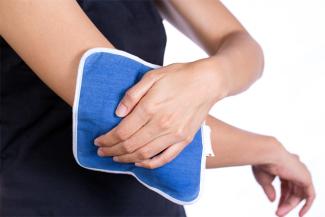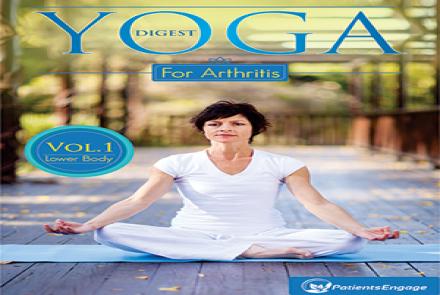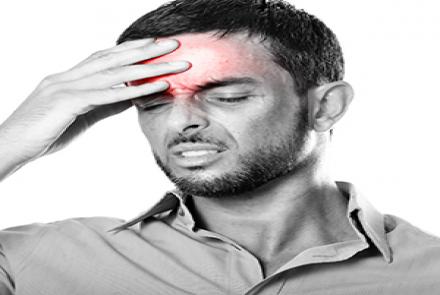Suffering from Arthritis? Stiffness in hips and knees? Stiff toes or stiff ankles? How can you ease the stiffness in your joints?
Yoga is very effective in managing arthritis. It reduces pain, increases flexibility, and lowers stress.
It brings harmony to body and mind.
We have worked with Divyayog to create a set of asanas for you to do in the comfort of your own home. Volume 1 is specifically focussed on the lower body - from hip to toe.
Please remember:
Do not do these…

Are you confused as to when to use Ice Pack and when to use Heat to deal with pain, injury and inflammation? This infographic below sums it up quite simply.
According to Dr. Bhuvaneswari, a quick guideline to follow is:
Ice pack is preferred if it is a recent and acute pain episode especially injury which may be a blood clot, muscle tear or tendon tear. For instance most sport and exercse injuries.
Heat or warmth for Chronic pain with stiffness, especially joint related pain as in Arthritis.
And watch out for Paraffin wax treatments. They can cause burns as well.

For the options of heat and ice packs and other tips, refer to the full article at https://health.clevelandclinic.org/2014/08/should-you-use-ice-or-heat-for-pain-infographic/amp/
Changed
02/Nov/2017
















